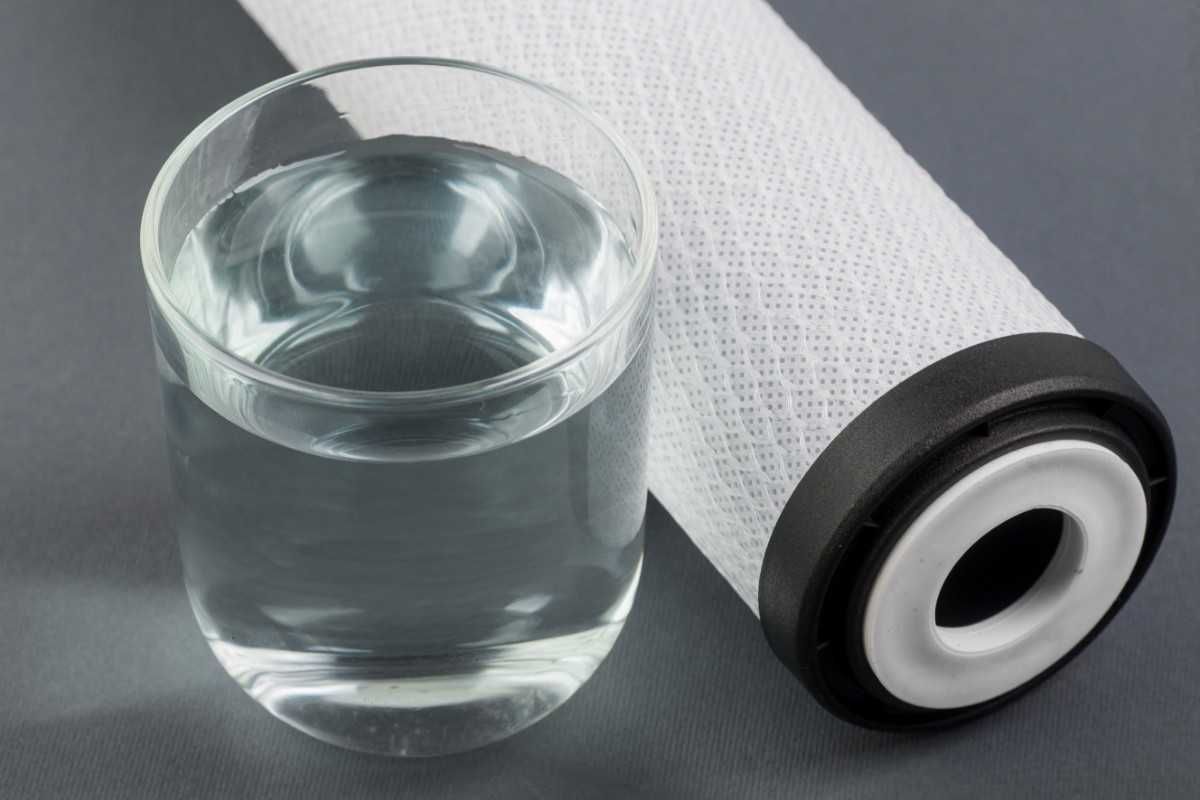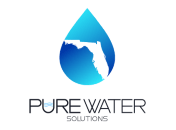By Ryan DiChiara
•
July 18, 2025
If you use well water at home, you’ve probably asked yourself this at some point: Is my water really clean? It may look fine. It may taste okay. But well water often contains bacteria like iron, sulfur, bacteria, and other impurities that can affect your health and damage your plumbing. So, what is the best way to filter well water? The easy solution is to install a well water filtration system in your home. That’s the smartest way to make sure your water is safe, clean, and good for daily use. Below we have discussed other reasons why a well-water filtration system is important and which well-water system is best for your needs. Why You Need a Well Water Filtration System City treatment plants do not process well water. Since it originates underground, it may contain a variety of natural minerals, sediments, and even dangerous pollutants. Iron, hydrogen sulfide (the stuff that makes water smell like rotten eggs), and bacteria are some of the most common issues. That is why using a well water filtration system becomes important, as it adds a layer of protection between that raw water and your family. Well water filtration systems filter out the harmful stuff and improve taste, smell, and clarity. How a Well Water Filtration System Works When a well water filtration system is installed, it is usually connected to your main water supply line. When the well water enters your water system or tank, the filtration system filters it before it flows to your taps, showers, and appliances. Depending on the well water system you choose, it may remove iron, sulfur, sediment, manganese, and more. Some systems have multiple filters. One may trap large particles, another may neutralize odors or tastes, and another might handle specific contaminants like bacteria or heavy metals. Benefits of Installing a Well Water Filtration System Healthier Water : You’re not drinking or bathing in water with harmful minerals or bacteria. Better Taste and Smell : No more metallic taste or that rotten egg odor. Protects Your Pipes and Appliances : Iron and sediment can clog pipes and shorten the life of washing machines or water heaters. Saves You Money Long-Term : Less damage means fewer repairs and replacements. The Iron Breaker III System: One of the Best Well Water Filter System One of the top options you can consider is th e Iron Breaker III, a high-performance well water filtration system specially made for dealing with iron and hydrogen sulfide (H2S) in well water. Here’s how it works in simple terms: Inside the tank, there’s an air “bubble” created by your well pressure. As water passes through this bubble, the iron or H₂S gets oxidized and turns into tiny particles. After that, these particles are captured in a particular filter medium. Over time, the air bubble gets used up and the system goes into a cleaning mode (called backwashing). It removes the trapped particles and pulls in fresh air to rebuild the bubble. Then it gets back to work filtering your water again. Iron Breaker III is a great filtration system that does not need any chemicals. Rather, the air uses air and natural filtration, which makes it safe, low-maintenance, and eco-friendly. Final Thoughts Clean water is not just about taste but about health safety. The Iron Breaker III is a smart choice if you’re dealing with iron and odor issues. But no matter which system you go with, just make sure it’s suited to your water and installed properly.


















